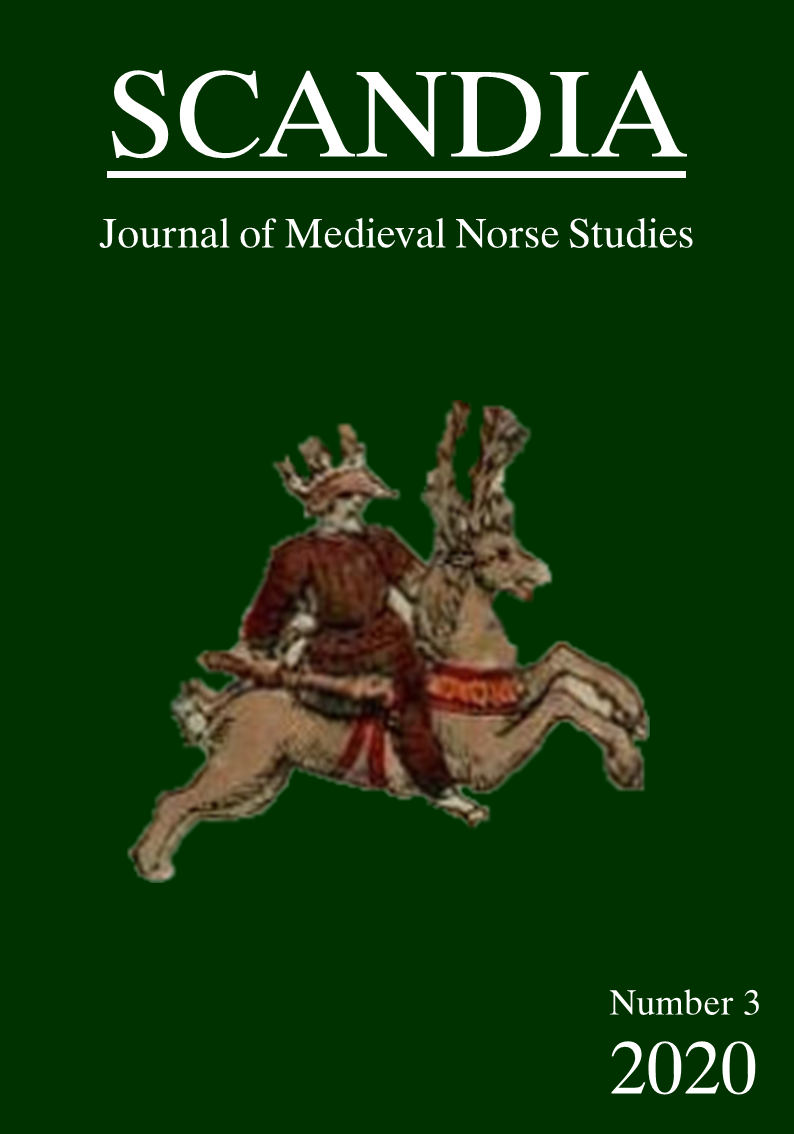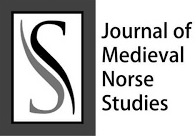DE BAYEUX A LAON: RICARDO, O DESTEMIDO E A CONSTRUÇÃO DE ALIANÇAS POLÍTICAS COM ESCANDINAVOS E FRANCOS
Abstract
Since the beginning of the 10th century, medieval Normandy sought to align itself within two specific geopolitical contexts, the Scandinavian sphere and the Frankish or Carolingian world. Thus, these first Norman sovereigns tried to position themselves and act politically in both contexts in which they were inserted. Within this Norman policy of acting in both the Frankish and Scandinavian spheres, the search for alliances and the building of ties with Scandinavian leaders and other Frankish nobles will be an indispensable tool for this Norman political action.
Thus, this article aims to analyze two specific moments in the life of Rouen's third Norman sovereign, Ricardo, the fearless. More specifically, we will deal with his passage and stay in his youth in Bayeux, and later in Laon. In this way we intend to demonstrate how his passage through these locations is not unreasonable, on the contrary, it is a way of building ties and important alliances in both geopolitical spheres in which Normandy is inserted, since Ricardo would be living with Scandinavian groups and leaders. in Bayeux and in the western Carolingian court in Laon.
Key-words: Normandy; Alliance; Scandinavian; Franks
Downloads
Downloads
Published
Issue
Section
License
The author (s) of the original submitted undertake to comply with the following:
- All authors are publicly responsible for it.
- The authors claim that this original is their own and that they assume full responsibility to third parties, whether moral or patrimonial, by reason of its content, stating that the work does not infringe any intellectual property rights of third parties.
- The author (s) agree to the copyrights of the original to Scandia Journal, to which they grant permission for its reproduction, editing and online publication.
- The author (s) grant their copyright of their original to the Scandia Journal, licensed under the Creative Commons Attribution License, which allows the sharing of this work with the acknowledgment of their authorship.
- The author (s) have permission and are encouraged to cite and distribute their original.



